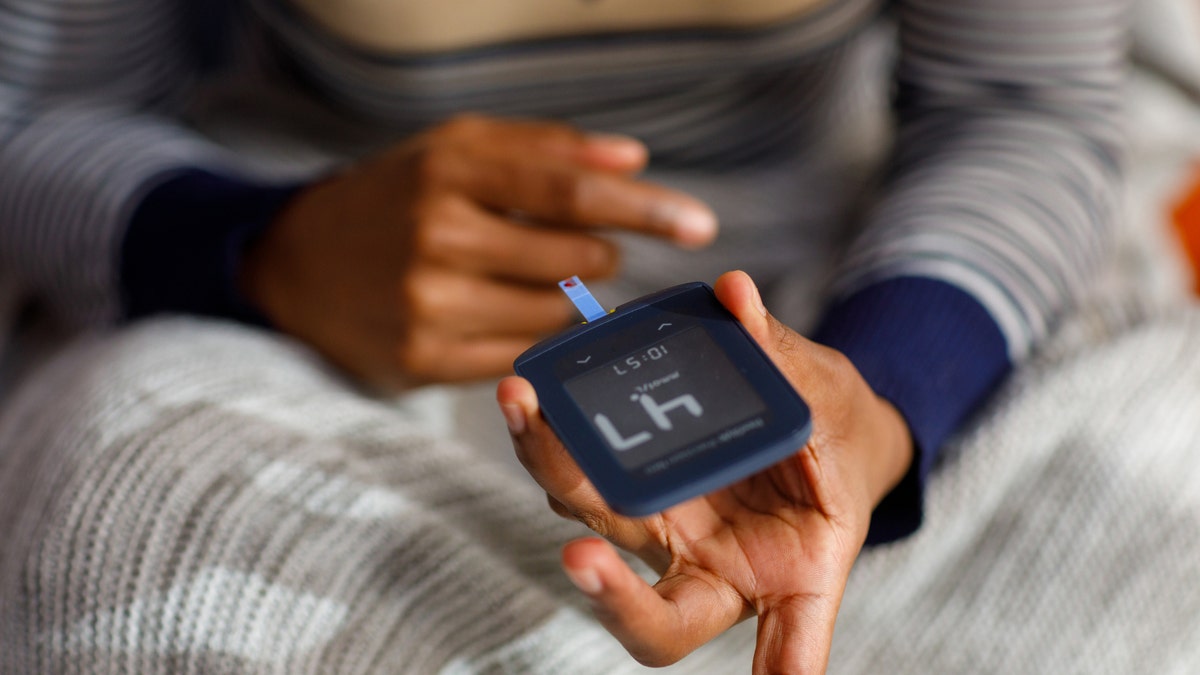A recent study published in Nature Medicine and led by Tufts University has revealed a potential link between sugary drink consumption and millions of new cases of type 2 diabetes and cardiovascular disease worldwide. The research estimates that approximately 2.2 million new diabetes diagnoses and 1.2 million new heart disease cases annually could be attributed to sugar-sweetened sodas and juices.
The study highlighted significant regional disparities, with Colombia exhibiting the highest rate, where nearly half of all new diabetes cases were potentially linked to sugary drinks. Mexico followed closely, with almost a third of new cases attributed to these beverages. Latin America and sub-Saharan Africa also showed concerning trends, with over 24% and 21% of new diabetes cases potentially linked to sugary drinks, respectively. In South Africa, the figures were even higher, with 27.6% of new diabetes cases and 14.6% of cardiovascular disease cases possibly connected to these beverages.

The research team explained that the rapid digestion of sugary drinks leads to abrupt spikes in blood sugar levels, offering minimal nutritional value. Long-term consumption of these beverages not only elevates the risk of type 2 diabetes and heart disease but may also contribute to weight gain and insulin resistance.

The study indicates that men and younger adults appear more susceptible to the adverse health effects of sugary drinks. Professor Dariush Mozaffarian, the senior author, emphasized the aggressive marketing and sales of these beverages in low- and middle-income countries, which often lack the resources to manage the resulting health consequences.

Registered dietitian Erin Palinski-Wade noted that while the study's observational nature doesn't definitively prove causation, it underscores the established association between added sugars and chronic health issues. She explained that the high calorie content and low satiety of sugary drinks can lead to overconsumption and weight gain, particularly visceral fat, which is linked to an increased risk of type 2 diabetes.

The American Beverage Association, while acknowledging the negative impact of excessive sugar intake, expressed reservations about the study's methodology and data limitations. They emphasized the industry's commitment to reducing sugar content in beverages and promoting healthier choices. The organization also highlighted the complexity of attributing health outcomes solely to specific foods or beverages, given the interplay of various environmental and lifestyle factors.

The study authors advocate for a multi-pronged approach to address this issue, including public health campaigns, advertising regulations, and taxes on sugary drinks, citing the success of Mexico's 2014 sugar tax in reducing consumption. They stress the urgency of implementing evidence-based interventions to curb the consumption of these beverages and mitigate their impact on global health.
Comments(0)
Top Comments